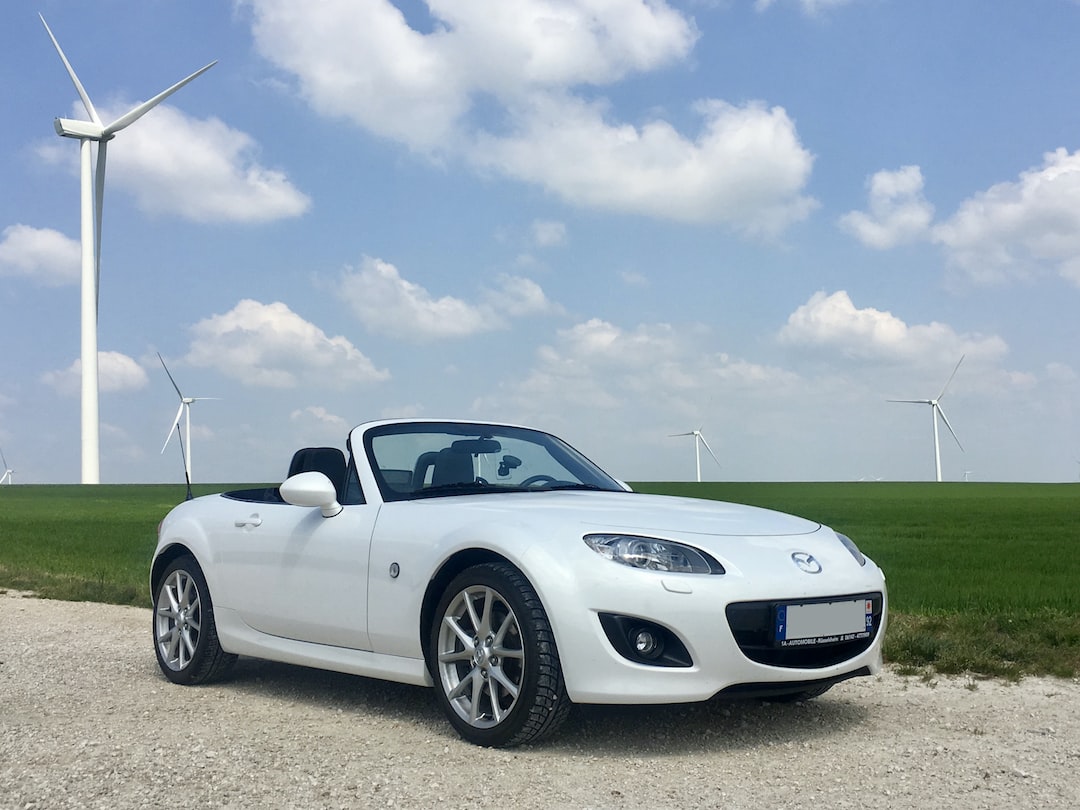The Future of Electric Cars: What to Expect
Electric cars have gained significant traction in recent years as more people become aware of the environmental impact of traditional fuel-powered vehicles. With advancements in technology, the future of electric cars is poised to be brighter than ever. Here, we explore what to expect from the electric vehicle (EV) industry in the years to come.
Increasing Popularity and Demand
The first and most significant shift we can expect is the increasing popularity and demand for electric cars. This can be attributed to several factors, such as growing concerns about climate change, government incentives for electric vehicle adoption, and advancements in battery technology. As concerns over carbon emissions continue to mount, governments worldwide are pushing for greater adoption of electric vehicles by offering tax credits, subsidies, and initiatives aimed at building electric vehicle charging infrastructure. This will undoubtedly drive up the demand for electric cars in the coming years.
Improved Battery Technology and Range
One of the most significant obstacles to electric vehicle adoption has been limited battery range. However, major car manufacturers are investing heavily in research and development to improve battery technology. In the coming years, we can expect longer battery ranges, making electric cars more practical for even longer-distance travel. The development of solid-state batteries, which promise even greater energy density and faster charging times, is also on the horizon. These advancements will revolutionize the electric car industry and dispel the range anxiety that some potential buyers may still have.
Faster Charging Network
Another aspect poised for major improvements is the electric vehicle charging network. Currently, the limited availability of charging stations and longer charging times compared to traditional refueling are factors that discourage some consumers from switching to electric vehicles. However, this is set to change. Governments and private companies are investing heavily in building a robust charging infrastructure to cater to the growing electric vehicle market. Fast-charging stations that can replenish an electric car’s battery within minutes are under development. This will significantly reduce charging time, making owning an electric car more convenient and practical for everyday use.
Affordability and Cost Reduction
As more automakers enter the electric vehicle market, we can expect increased competition, resulting in more affordable electric car options. The cost of producing electric cars has also been declining thanks to advancements in battery technology and more streamlined manufacturing processes. With economies of scale and improvements in battery production, the cost of electric vehicles is projected to reach parity with traditional vehicles in the near future. As a result, more consumers will be able to afford and consider electric cars as a viable alternative to petrol or diesel-powered vehicles.
Expanding Variety of Models
Today, electric vehicles are primarily associated with compact sedans or small hatchbacks. However, the future of electric cars will involve a wider variety of models, including SUVs, crossovers, and even pickup trucks. Major car manufacturers are already launching or planning to launch electric versions of their popular models to cater to different customer preferences. The availability of electric vehicles in various sizes and styles will undoubtedly increase their appeal to a broader range of consumers, further driving up their popularity.
Autonomous Driving and Connectivity
The future of electric cars goes beyond their impact on the environment; it includes major advancements in autonomous driving and connectivity. Electric cars are often at the forefront of these advancements due to their reliance on advanced software and sensors. As autonomous driving technology continues to evolve, electric cars are expected to showcase features like self-parking, advanced collision avoidance systems, and even fully autonomous capabilities. Additionally, electric cars are becoming increasingly connected, allowing for seamless integration with smartphones, smart homes, and smart cities. This connectivity will not only enhance the driving experience but also result in increased safety and convenience.
In conclusion, the future of electric cars is bright and promising. As technological advancements continue, we can expect increased popularity and demand for electric vehicles. Improved battery technology, longer ranges, faster charging networks, and more affordable options will overcome the limitations that have hindered electric vehicle adoption until now. With a wider variety of models, greater autonomy, and connectivity, electric cars are poised to revolutionize personal transportation in the years to come. The shift towards electric vehicles is not just an environmental necessity but also a significant step towards a sustainable and cleaner future.

